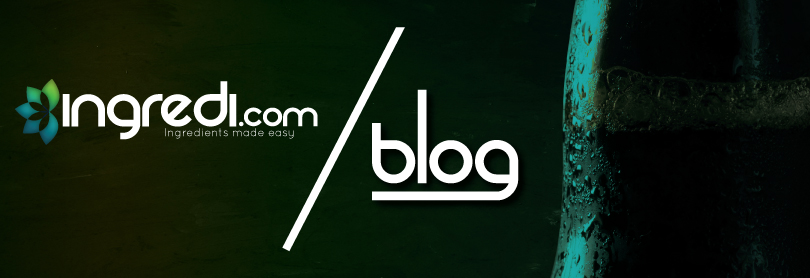What’s the difference between sorbic acid and potassium sorbate preservatives?
By on Jun 21st 2018
When it comes to choosing the right preservative and antimicrobial agent, a question that often arises is “how are sorbic acid and potassium sorbate different?” So, let’s take a look at these two preservative options.
Characteristics of Sorbic Acid and Potassium Sorbate
Sorbic acid was first derived from berries in 1859, but the antimicrobial power wasn’t realized until around 1940. It’s colorless and slightly water-soluble and while it is an organic matter, most sorbic acid available on the market today is produced synthetically by processing ketene and crotonaldehyde. With the ability to control acid levels, sorbic acid enhances both flavor and color.
On the other hand, potassium sorbate is produced from sorbic acid and potassium hydroxide through neutralization. It was first discovered in mountain ash trees and is a potassium salt that breaks down into water and carbon dioxide when consumed. While increasing the shelf-life of products and stopping yeast from continuing to ferment in wine, it is slightly-soluble in alcohol.

Sorbic acid or Potassium Sorbate—which preservative is for you?
Both are, as we’ve said, additives, preservatives, and antimicrobial agents. They are both used in the food, cosmetic, pharmaceutical, packing industry, and many others. Both can be added directly to the product, dusted, sprayed, or dipped. They can even be used in the product’s wrapping, and more than one method of use can be applied to one item.
Sorbic acid and potassium sorbate are both non-toxic and safe for use in the food industry, fully degradable, and neutral in taste and color. So, which one should you choose for your business needs?
One of the biggest differences is that sorbic acid is organic (meaning that it contains carbon) while potassium sorbate is not. What it comes down to is what your business needs are. Both sorbic acid and potassium sorbate work to preserve your product, but one may be better if your market is shopping for organic products.
No matter your needs, you can count on only finding the best here at ingredi.com!
Sources:
http://bimalpha.com/yahoo_site_admin/assets/docs/Applications_of_Sorbic_and_Potassium_Sortabe.357140928.pdf
https://en.wikipedia.org/wiki/Potassium_sorbate
https://en.wikipedia.org/wiki/Sorbic_acid






